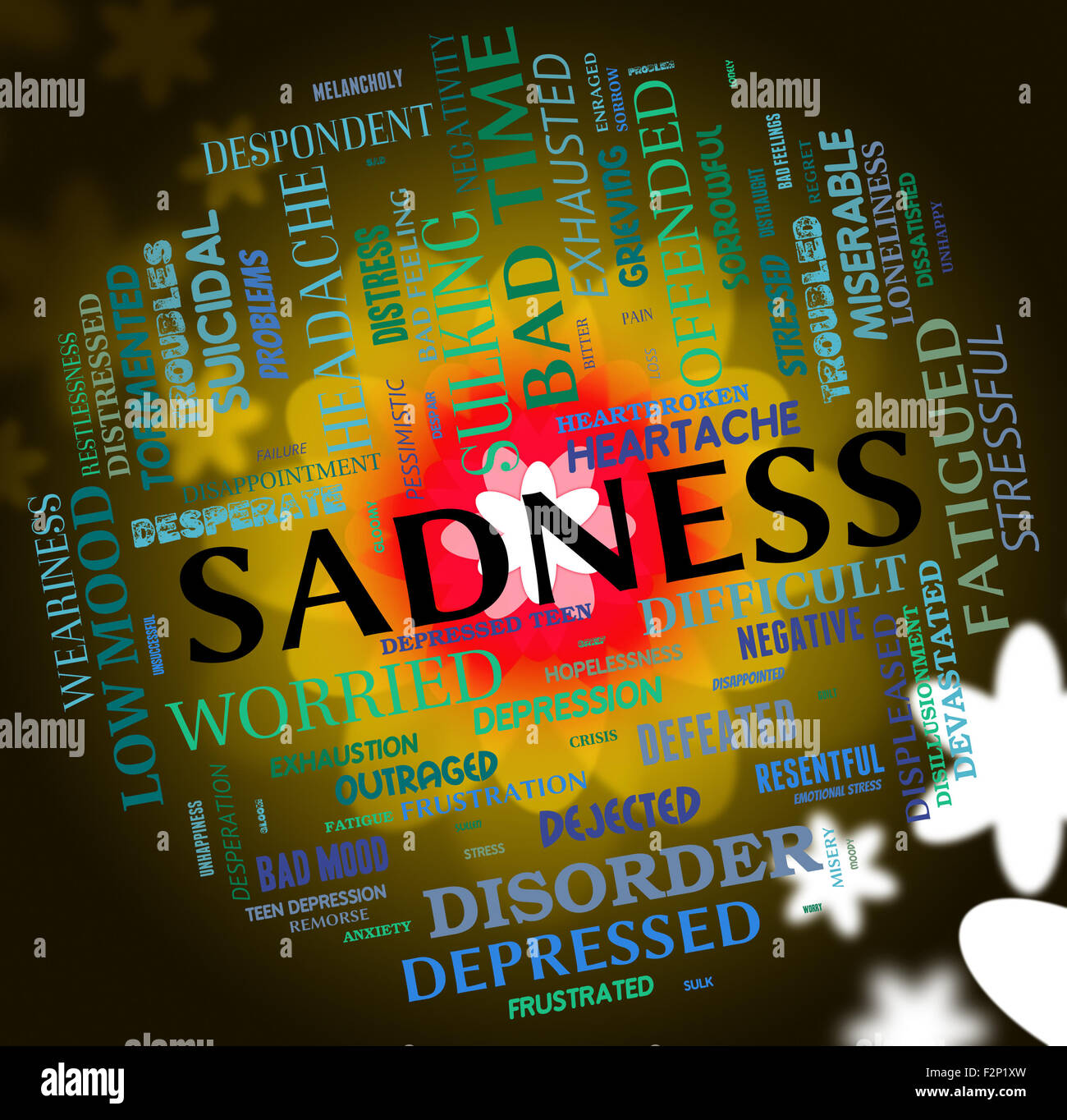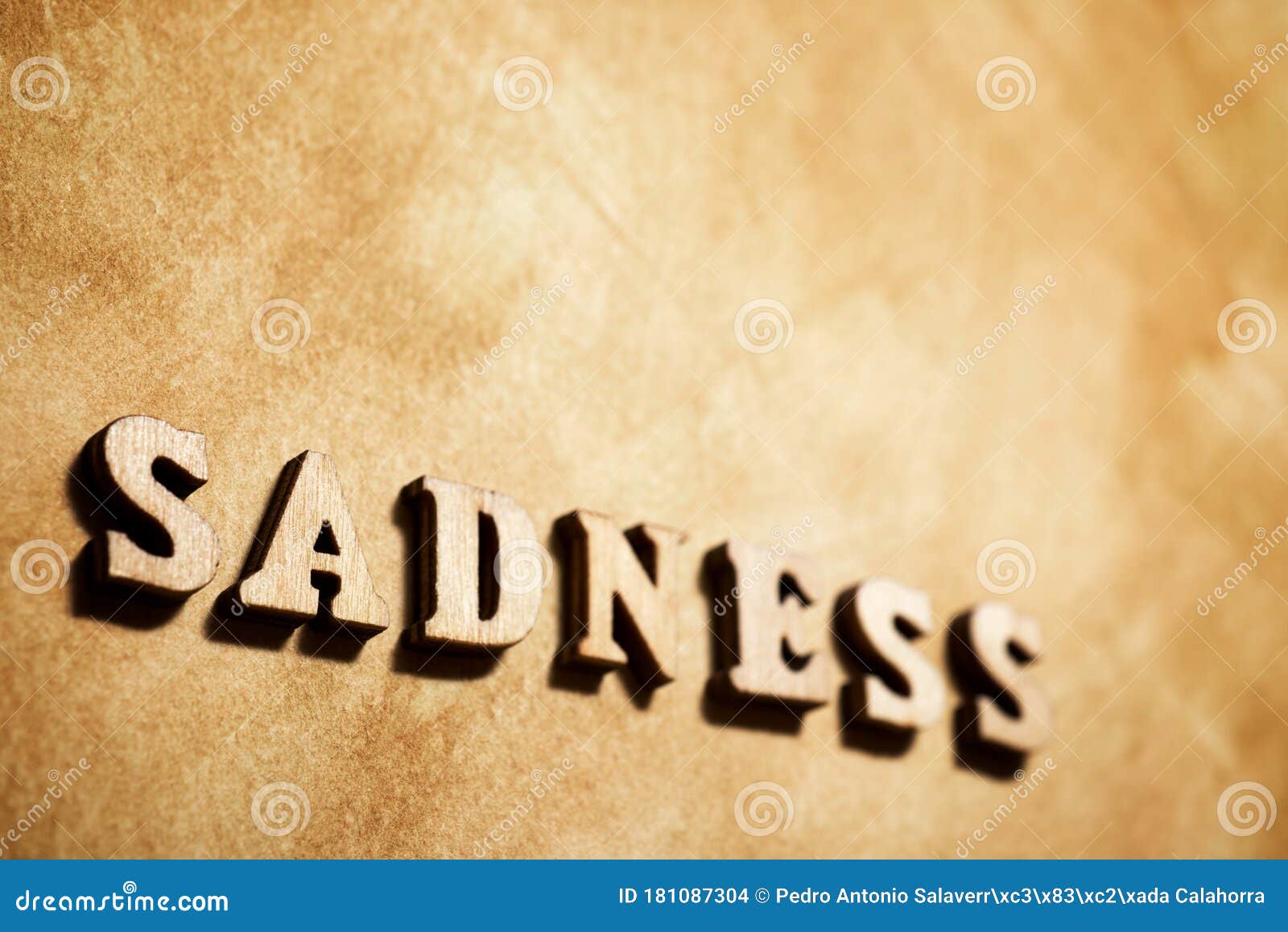


Opia: The ambiguous intensity of looking at a person’s eye, which can feel simultaneously intrusive and vulnerable. Avenoir: The desire that memory could flow backwardsģ2. Ballagàrraidh: The feeling that you are far away from home while you are travelling outside of the city.ģ1. Dès Vu: The moment of realisation that hours from now that this very moment will become a part of your memory and that perception of the moment will keep changing to your liking.ģ0. Lutalica: The feeling that one part of your life or identity does not fit into any categories.Ģ9. Kudoclasm: The feeling of your life is flashing before your eyes, but it’s actually you’re thinking forward to all the things you have never done or experienced.Ģ8. Moment of Tangency: A glimpse of life as it might’ve been, had you made a different choices along the journey.Ģ7. Morii: The desire to preserve a everlasting moment or experience through a snap of a photo.Ģ6. Silience: The kind of unnoticed excellence that revolves on around you every day life.Ģ5. Sonder: The realisation that each passerby has a life as vivid and complex as your own.Ģ4. Altschmerz: Weariness with the same old issues that you’ve always had- the same boring flaws and anxieties that you’ve been gnawing on for years.Ģ3. Liberosis: The desire to care less about thingsĢ2. Onism: The frustration of being stuck in just one body, that inhabits only one place at a time.Ģ1. Nodus Tollens: The realisation that the plot of your life doesn’t make sense to you anymore.Ģ0. Ruckkehrunruhe: The feeling of returning home after an immersive trip only to find i fading rapidly from your awareness.ġ9. Adronitis: Frustration with how long it takes to get to know someone.ġ8.

Exulansis: The tendency to give up trying to talk about an experience because people are unable to relate to it.ġ7. Lachesism: The desire to be struck by disaster – to survive a plane crash, or to lose everything in a fire.ġ6. Kuebiko: A state of exhaustion inspired by acts of senseless violence.ġ5. Ellipsism: A sadness that you’ll never be able to know how history will turn out.ġ4.

Anecdoche: A conversation in which everyone is talking, but nobody is listening.ġ3. Vemodalen: The frustration of doing something amazing when thousands of similar acts have already been done before in the past.ġ2. Chrysalism: The amniotic tranquility of being indoors during a thunderstorm.ġ1. Jouska: A hypothetical conversation that you compulsively play out in your head.ġ0. Mauerbauertraurigkeit: The inexplicable urge to push people away, even close friends who you really like.ĩ. Kenopsia: Thee eerie, forlorn atmosphere of a place that is usually bustling with people but is now abandoned and quiet.Ĩ. Rubatosis: The unsettling awareness of your own heartbeat.ħ. Vellichor: The strange wistfulness of used bookshops.Ħ. Enouement: The bittersweetness of having arrived in the future, seeing how things turn out, but not being able to tell your past self.ĥ. Moachopsis: The subtle but persistent feeling of being out of place.Ĥ. Altschmerz: Weariness with the same old issues that you’ve always had – the same boring flaws and anxieties that you’ve been gnawing on for years.ģ. Paro: The feeling that no matter what you do is always somehow wrong.Ģ. Scroll down to read some of the most common entries and see if you ever experience any of the feelings described, now that you have a proper word for them!ġ. The words for emotions or also known as “neologisms,” are based on Koenig’s research on the origin of a word and meanings of used prefixes, suffixes and word roots. Have you ever experienced something that you want to describe to someone so that they can relate, but you just can’t find the right words to explain it? Check out The Dictionary of Obscure Sorrows, created by John Koenig that defines words for emotions that do not have a proper descriptive term.


 0 kommentar(er)
0 kommentar(er)
